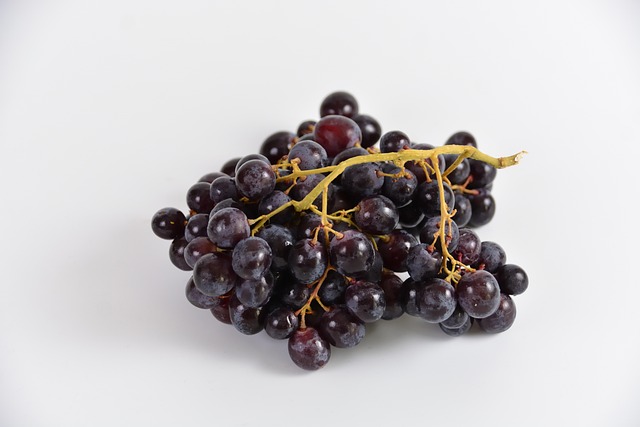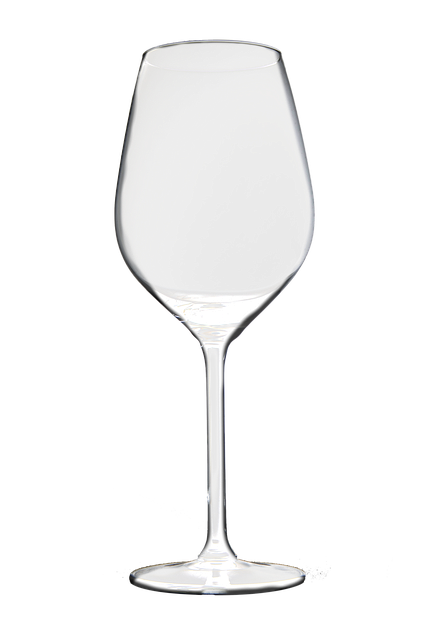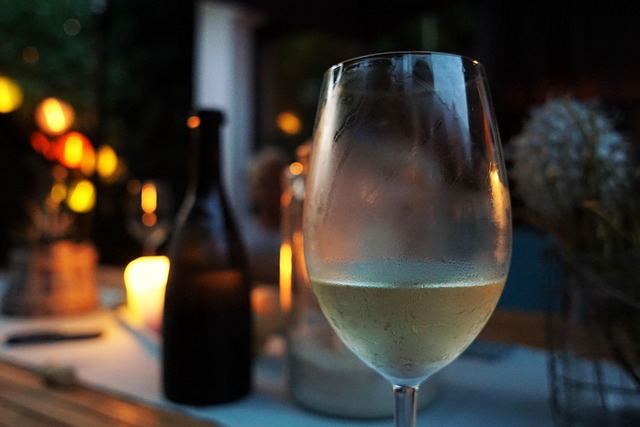Discover Lane County’s Wine & Craft Beverages: Tasting Room Adventures

Lane County, Oregon is a premier wine destination offering diverse microclimates and fertile soils s…….
We are At Your Service
In the heart of the Pacific Northwest lies Lane County, Oregon, a region renowned for its vibrant wine culture and exceptional terroir. This article delves into the art and industry of wine tasting within this picturesque county, exploring its historical roots, global impact, economic significance, and future prospects. Lane County’s wine scene offers a unique blend of traditional viticulture and innovative practices, attracting connoisseurs and tourists alike. From the moment you step into a wine cellar or raise a glass at a vineyard, you embark on a sensory journey through the rich history, diverse varietals, and exceptional quality that define wine tasting in this remarkable corner of Oregon.
Wine tasting in Lane County encompasses the practice of evaluating and appreciating wines through sensory analysis, including sight, smell, taste, and touch. It involves a nuanced understanding of grape varieties, winemaking techniques, and the unique characteristics that each vineyard and winemaker brings to their craft. The experience extends beyond mere taste, engaging all the senses to uncover the wine’s story, its terroir, and the passion behind its creation.
Key components include:
Lane County’s wine history dates back to the late 19th century when European immigrants introduced grapevines to the region. Early vineyards flourished along the Willamette River, establishing a foundation for Oregon’s wine industry. The 20th century saw ups and downs, with World War II impacting viticulture and the introduction of new grape varieties from California sparking innovation. The 1970s and 80s marked a renaissance as winemakers focused on quality, earning international acclaim for Oregon’s Pinot Noir and Chardonnay. Today, Lane County boasts over 250 wineries, each contributing to a diverse and dynamic wine landscape.
Oregon, and specifically Lane County, has left an indelible mark on the global wine stage. The county’s reputation for producing high-quality, distinctive wines has influenced international trends and inspired winemakers worldwide. The success of Oregon Pinot Noir, in particular, has sparked a global search for cool-climate terroirs, with many regions emulating the innovative practices and attention to detail that define Lane County’s wine producers.
Several key trends are shaping the future of wine tasting in Lane County:
The wine industry in Lane County is a significant economic driver, contributing approximately $1.5 billion to the local economy annually. The primary market segments include:
Investment in Lane County’s wine industry reflects a growing global appreciation for its terroir and craftsmanship:
Technological advancements have revolutionized wine tasting in Lane County:
The future holds immense potential for technological integration:
The wine industry in Lane County is subject to various policies and regulations that ensure quality, safety, and fair trade:
These policies have a significant impact on the industry:
Despite its success, the Lane County wine industry faces several challenges:
Addressing these issues requires a multi-faceted approach:
Domaine Serene, located in the Eola-Amity Hills AVA, embodies luxury wine production with a commitment to sustainability. This case study showcases their achievements:
Bethel Heights Vineyard exemplifies the power of specializing in niche markets:
The future of wine tasting in Lane County holds tremendous growth potential:
Several emerging trends are shaping the future:
Wine tasting in Lane County, Oregon, is a vibrant testament to the art and science of winemaking. From its rich history to its global influence, this region’s wine industry has elevated the craft, captivating connoisseurs worldwide. Through technological advancements, sustainable practices, and innovative marketing, Lane County continues to shape the future of wine, ensuring its place as a premier destination for wine enthusiasts.
Q: What makes Lane County’s wine unique?
A: Lane County’s wine is renowned for its exceptional quality and distinctive flavors, largely attributed to the cool climate terroirs, diverse grape varieties, and the passion of local winemakers.
Q: How does climate change impact winemaking in the region?
A: Climate change presents challenges, such as earlier ripening and changing weather patterns. Winemakers adapt by adjusting harvest schedules, implementing sustainable practices, and exploring new grape varieties better suited to these conditions.
Q: Are there any restrictions on who can produce wine in Lane County?
A: Yes, all winery operations, including production, tasting rooms, and distribution, require local licenses from the appropriate cities or towns within Lane County. These regulations ensure compliance with food safety standards and other legal requirements.
Q: Can technology improve the wine tasting experience?
A: Absolutely! Technology enhances wine tasting by providing immersive educational experiences, virtual tours, personalized recommendations, and improved online sales platforms, making wine more accessible to global audiences.
Q: How does Lane County’s wine industry contribute to the local economy?
A: The wine industry is a significant economic driver, generating over $1.5 billion annually for the local economy. It supports local businesses, attracts tourism, and fosters community development through events and educational programs.

Lane County, Oregon is a premier wine destination offering diverse microclimates and fertile soils s…….

Uncover the allure of wine tours in Lane County, where a rich blend of vineyards and wineries tell u…….

Lane County, Oregon, vineyards offer a welcoming wine tasting experience for beginners, featuring st…….

Lane County, Oregon, boasts a thriving wine culture with a history dating back to the 20th century……..